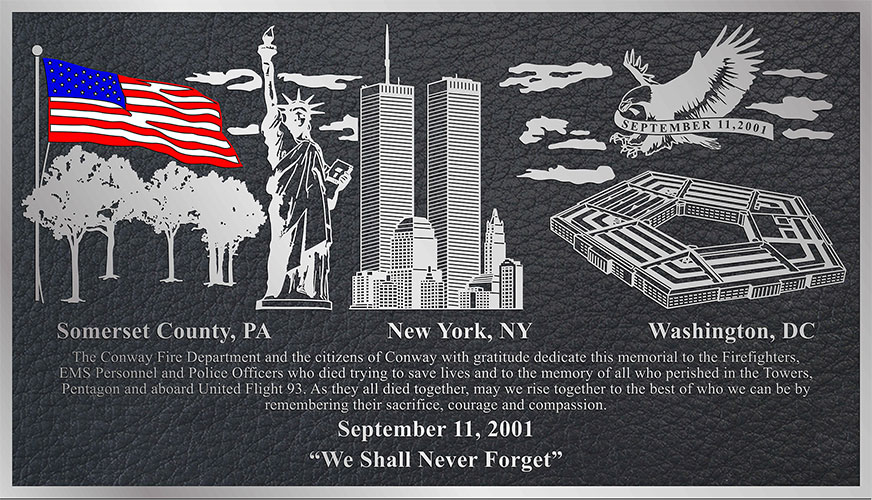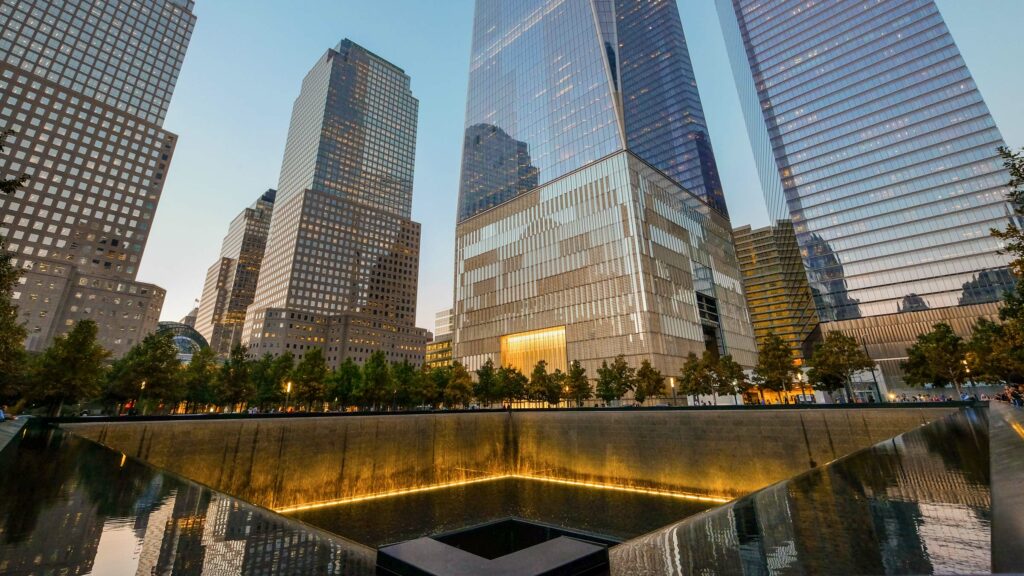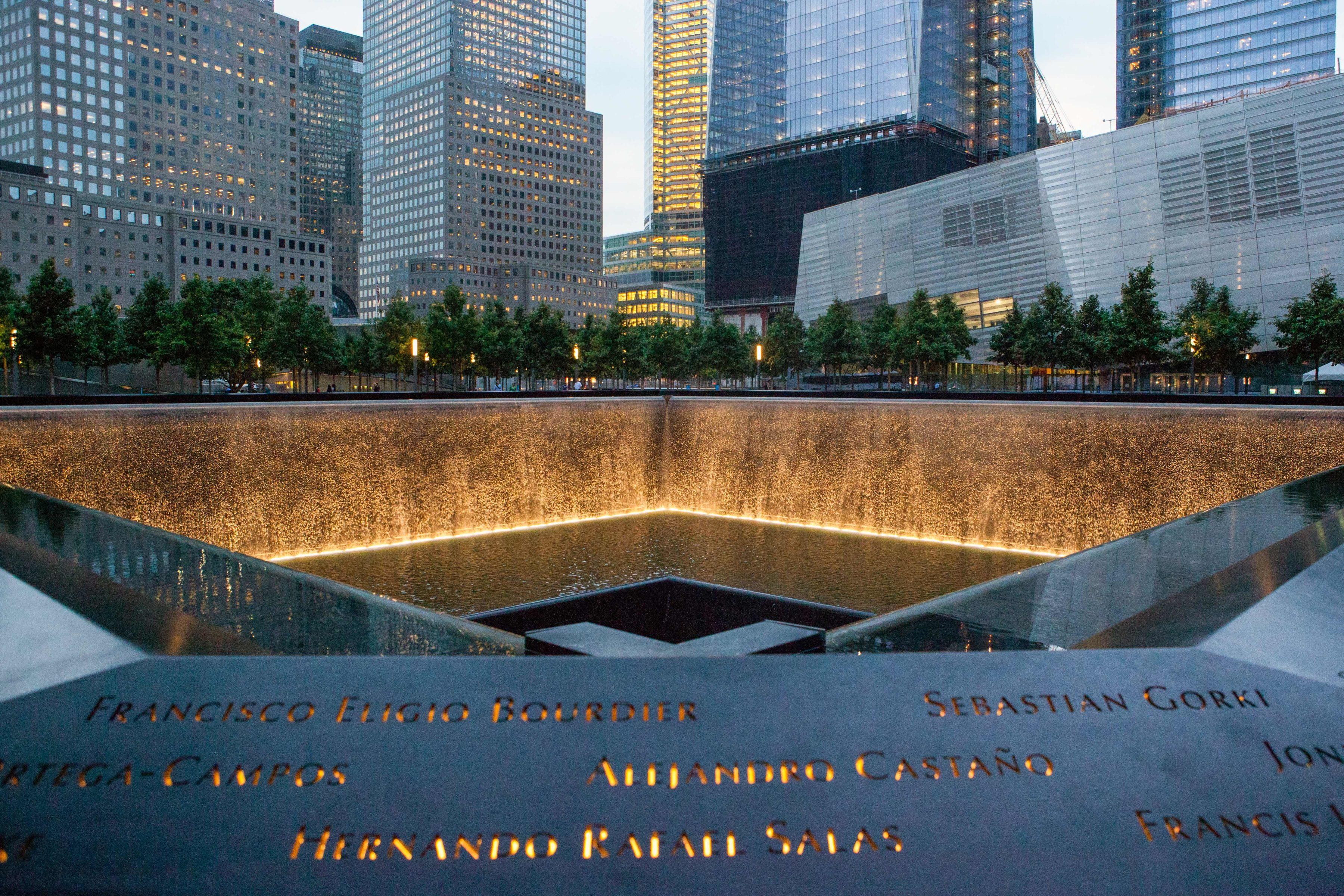
You don’t think about that in the moment.” “You can fear for your loved ones, but you are not allowed to feel personal fear. “I didn’t have time to be scared,” Rice recalled. Rice was so taken aback the first time she faced that question that she actually paused to think about it – and then concluded that she wasn’t.

Inevitably, a student will ask her if she was afraid. “So the Secret Service was going around saying, ‘You have to leave, you are not essential you have to leave, you are not essential.’ You would never plan for such a thing as that,” she said. She tells students that around noon that day, oxygen levels started to drop because too many people were crammed into the fortified space. She, along with other senior government leaders, were ushered into the White House bunker.

Then there was the short period when Defense Secretary Donald Rumsfeld could not be reached because the Pentagon was also hit that morning, Rice said. But when the second hijacked plane hit the remaining South Tower 17 minutes later, Rice knew it had to be a terrorist attack on the United States. She remembers wondering whether it could have been an accident. Rice shares how, when the first plane hit the North Tower at the World Trade Center at 8:46 a.m., she and others were uncertain about the cause of the crash. “That helps to vivify it because it’s a personal story,” Rice said. When she discusses the attacks with her students, her experiences on that day inevitably come up.

Rice, now the Tad and Dianne Taube Director of the Hoover Institution, was in the White House on that Tuesday morning of Sept 11. Bush before returning to her professorship at Stanford in 2009. “It would be like people trying to convey the intensity of World War II to me,” said Rice, who went on to serve as the 66th secretary of state of the United States under President George W. National Security Advisor at the time of the attacks.įor the new generation of students, 9/11 is now a part of history. Teaching this next generation about the passion and the intensity that defined that pivotal moment is difficult, says Condoleezza Rice, who was the U.S. history occurred.īut many college students today have no memories of 19 al-Qaida operatives hijacking four commercial airplanes and killing nearly 3,000 people in a terrorist attack on the twin towers of the World Trade Center in New York City, the Pentagon outside Washington, D.C, and a field in Shanksville, Pennsylvania. 11, 2001, details of the day – the confusion, chaos and collective grief – are as clear now as they were 20 years ago when the deadliest terrorist attack in U.S.


 0 kommentar(er)
0 kommentar(er)
